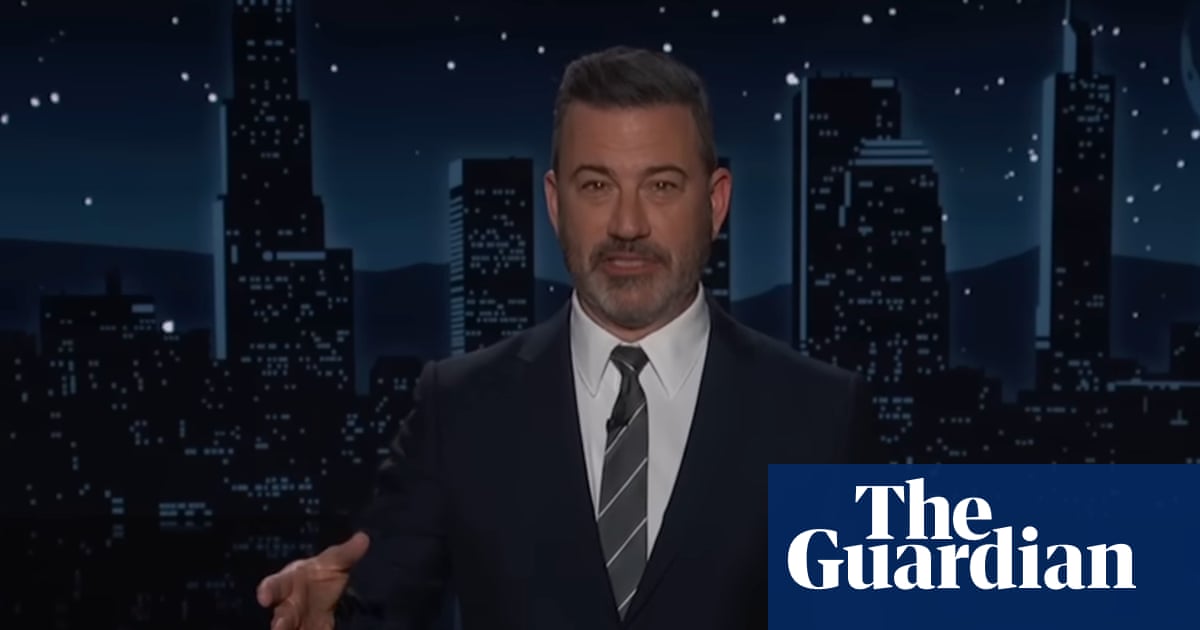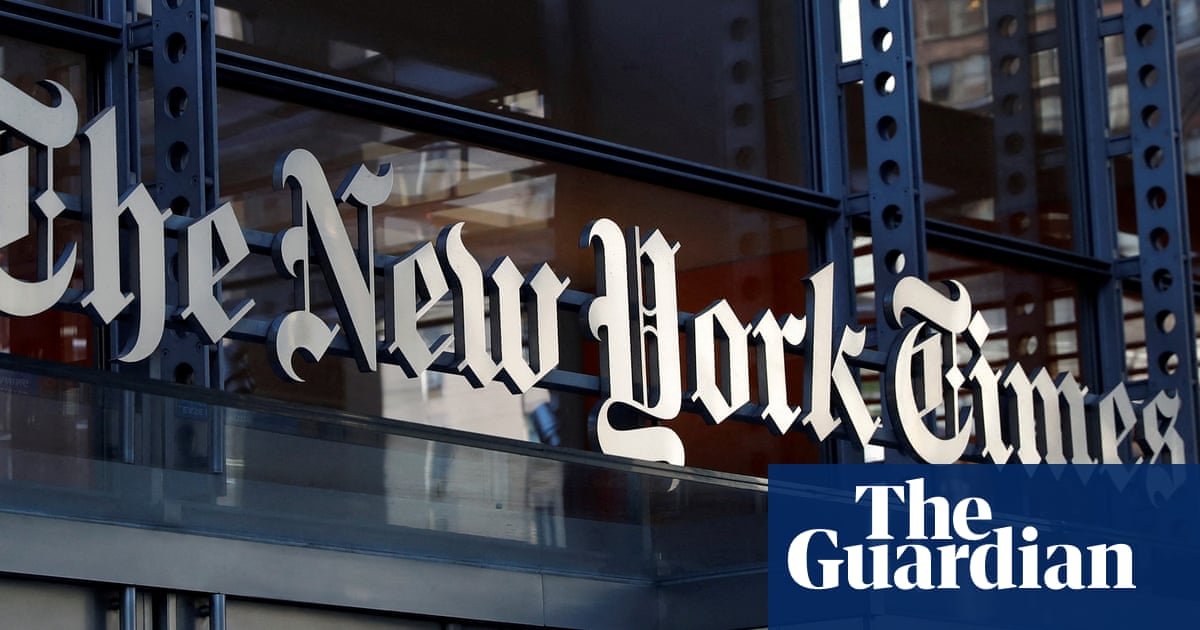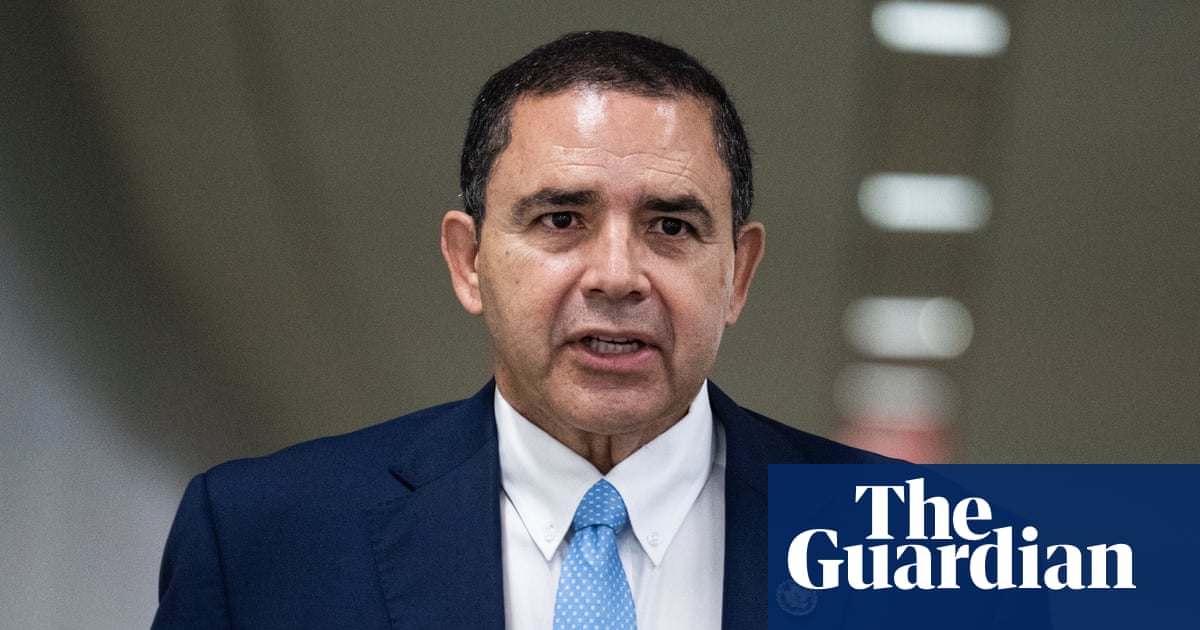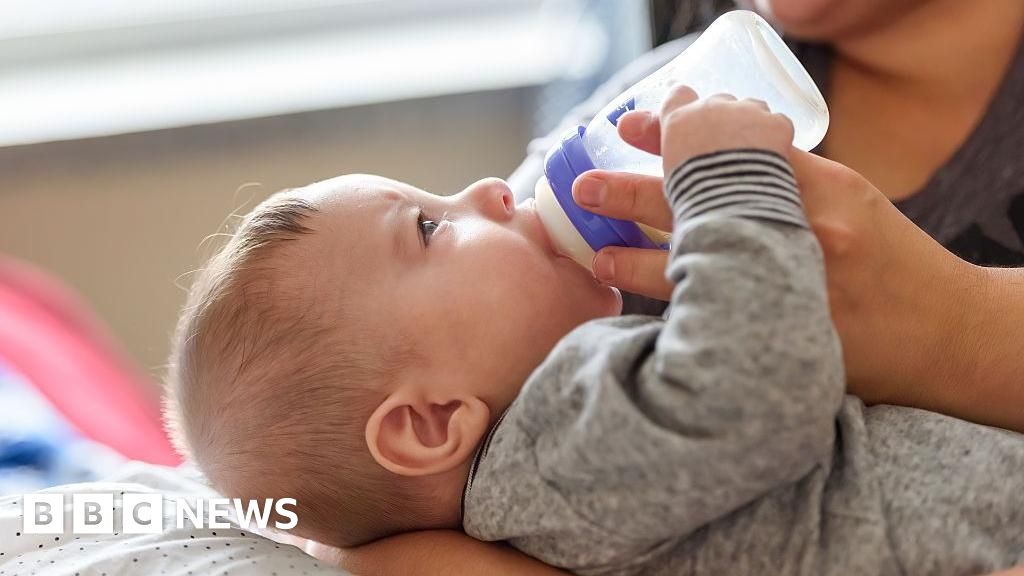A progressive activist appears to be on the cusp of winning her bid for mayor of Seattle in a narrow victory that has echoes of the race to lead New York City.
With a dwindling number of ballots left to count, Katie Wilson led Mayor Bruce Harrell by just over 1,300 votes, according to results released Tuesday by King County Elections. The incumbent led by more than 10,000 votes the day after the election but mail-in ballots counted after Nov. 4 favored the challenger.
Harrell has not conceded but it was unlikely he can make up the difference with the ballots left to count, Democratic strategists said.
“Kate Wilson won 61.23% of the 6,121 ballots counted today. Huge percentage and her total is close to not requiring a recount,” Crystal Fincher, a Seattle-based political consultant, said by text after the latest results. “I’m comfortable calling this race for Wilson now.”
Wilson, who like New York’s Zohran Mamdani is a self-described socialist, focused her campaign on affordability — highlighting her own struggles to afford life in Seattle. She supported a capital gains tax to raise revenue, a move opposed by Harrell, stronger protections for renters and improving public transit.
Fincher said that message resonated in a city where housing has become out-of-reach for many of its citizens.
“There’s a disconnect between what younger people are going through in day to day life today,” she said. “I think there’s a split in the Democratic Party about that, that we’re feeling our way through.”
Wilson also pledged to do more to address homelessness, including fast-tracking shelter space, and was critical of Harrell’s support for clearing encampments from public spaces around Seattle. She called for cutting police funding in the past, but in this campaign called for changing tactics and adding more non-police response programs to supplement law enforcement.
Harrell, former member of the City Council, had the support of Washington state’s Democratic establishment, including Gov. Bob Ferguson. He painted himself as a steady hand and attacked Wilson’s inexperience.
Despite expectations that he would cruise to reelection, however, Harrell struggled against Wilson in the primary, losing by more than 9 points. His showing was a hit for moderates who see their brand of Democrat as the party’s way to regroup after their dismal 2024 results.
Harrell led the moderate wave that swept liberal West Coast cities following the upheaval of 2020-2021.
But he faced a much different environment this year, motivated in part by changing economic circumstances and in part by Trump’s reelection. The mayor was criticized, for example, for his relationships to local tech executives who also attended Trump’s inauguration.
“That picture of the tech executives at the inauguration is something that kind of crystallized in voters’ minds,” said Dean Nielsen, a long-time Democratic strategist in Washington state who backed Harrell. “It’s become somewhat emblematic of what’s happening in the race: [An] establishment mayor who is being supported by a lot of those same people, running headwinds into this vision of systemic change.”
Washington state Republicans, meanwhile, are approaching Wilson in the same way the national GOP is viewing Mamdani: as an easy messaging win. Before the polls closed on election night, Washington GOP Chair Jim Walsh predicted what would happen if she won: “It would be very bad for Seattle,” he said, “but very good for the Washington state Republican Party.”

 German (DE)
German (DE)  English (US)
English (US)  Spanish (ES)
Spanish (ES)  French (FR)
French (FR)  Hindi (IN)
Hindi (IN)  Italian (IT)
Italian (IT)  Russian (RU)
Russian (RU) 























Comments